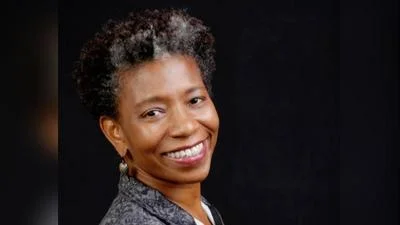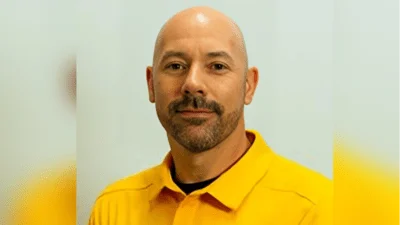Timothy W. Carpenter, Wisconsin State Senator for 3rd District | Official website
Timothy W. Carpenter, Wisconsin State Senator for 3rd District | Official website
According to the Wisconsin State Legislature's official website, the bill was described as follows: "eligibility for Family Care for individuals who are deaf-blind. (FE)".
The following is our breakdown, based on the actual bill text, and may include interpretation to clarify its provisions.
In essence, this bill amends the eligibility criteria for the Family Care program in Wisconsin, expanding functional eligibility to include individuals who are deaf-blind. Family Care provides community-based long-term care services, and currently, individuals must be at least 18 years old, have a physical or developmental disability or be a frail elder, and meet certain functional and financial criteria to qualify. By adding a provision that explicitly states a person who is deaf-blind qualifies as functionally eligible, the bill aims to ensure that this group has access to the program's support and services.
The bill was co-authored by Representative Ann Roe (Democrat-44th District), Senator Kristin Dassler-Alfheim (Democrat-18th District), Senator Dora E. Drake (Democrat-4th District), Senator Dianne H. Hesselbein (Democrat-27th District), and Senator Sarah Keyeski (Democrat-14th District). It was co-sponsored by Representative Clinton M. Anderson (Democrat-45th District), Representative Margaret Arney (Democrat-18th District), and Representative Mike Bare (Democrat-80th District), along with 21 other co-sponsors.
Tim Carpenter has authored or co-authored another 37 bills since the beginning of the 2025 session, with none of them being enacted.
Carpenter graduated from the University of Wisconsin-Milwaukee in 1982 with a BA.
Carpenter, a Democrat, was elected to the Wisconsin State Senate in 2003 to represent the state's 3rd Senate district, replacing previous state senator Brian Burke.
In Wisconsin, the legislative process starts when a senator, constituent, group, or agency proposes an idea for a bill. After drafting, the bill is introduced, numbered, and referred to a committee for review and public input. If approved, it moves through three readings and votes in both the Senate and Assembly. Once both chambers pass the same version, the bill goes to the governor, who can sign it, veto it, or let it become law without a signature. Only a small share of bills introduced each session ultimately become law. You can learn more about the Wisconsin legislative process here.
| Bill Number | Date Introduced | Short Description |
|---|---|---|
| SB272 | 05/21/2025 | Eligibility for Family Care for individuals who are deaf-blind. (FE) |
| SB99 | 03/07/2025 | Spinal cord injury research grants and symposia and making an appropriation. (FE) |
| SB71 | 02/26/2025 | Ratification of the Dietitian Licensure Compact. (FE) |
| SB64 | 02/21/2025 | Injuring or killing a police or fire animal and providing a penalty |
| SB54 | 02/21/2025 | Requirements concerning assistance in the detention of individuals who are or are alleged to be not lawfully present in the United States |
| SB38 | 02/12/2025 | Personalized registration plate fees for gold star family special registration plates. (FE) |






 Alerts Sign-up
Alerts Sign-up